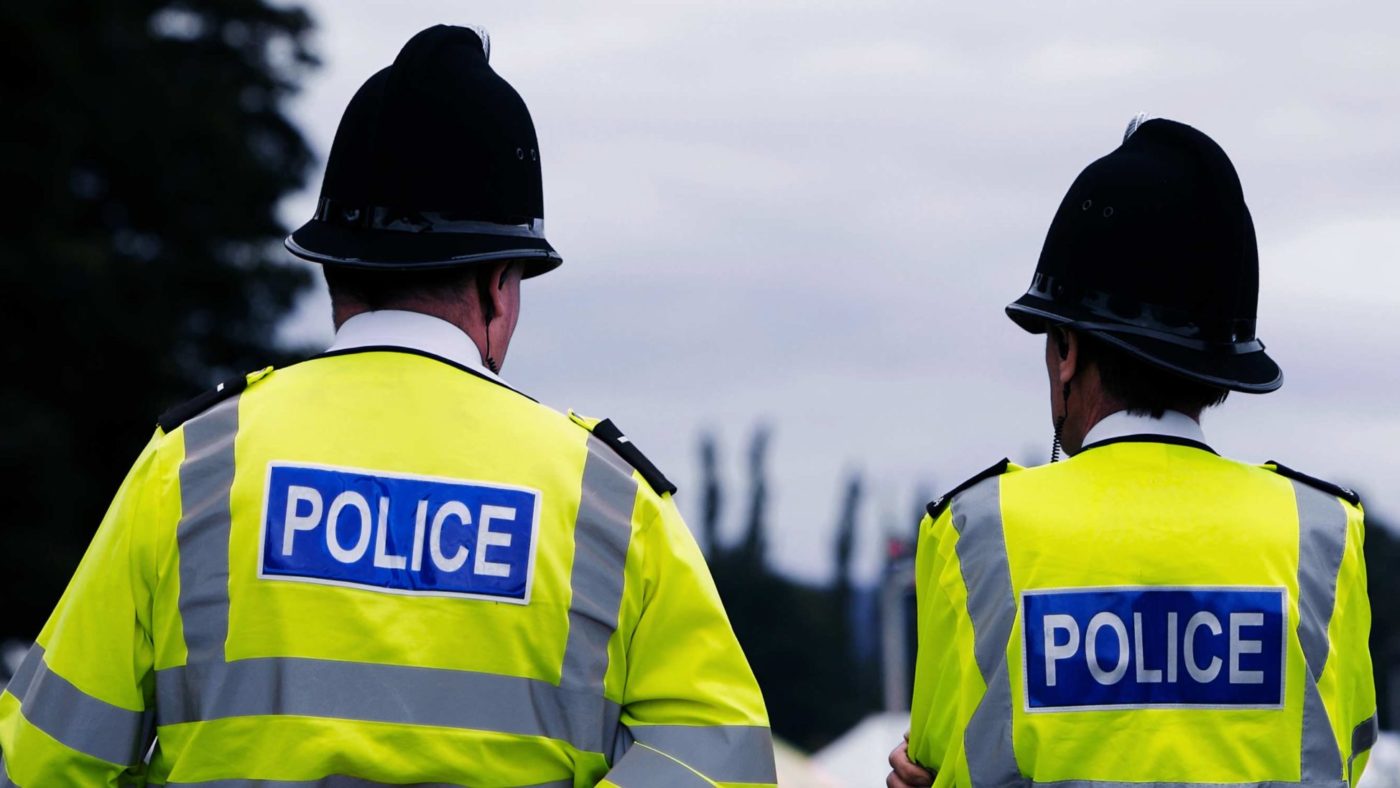Boris Johnson has promised there will be 20,000 more police officers over the next three years. “My job is to make your streets safer,” he declared on the steps of Downing Street when he arrived as Prime Minister – and stressed that “we start recruiting forthwith”.
This would certainly be a significant increase. The latest figures from the Home Office, for last year, state there were 123,171 police officers in England and Wales.
Critics note that the number has been falling in recent years, so Johnson’s pledge would simply restore numbers to where they were in 2010. The implication is that Conservative policy is contradictory. An alternative explanation would be that it follows economic reality – that the number of police we can afford each year is not fixed.
Politically, the 20,000 pledge is a strong ‘retail offer’ – something tangible that can be measured at the next General Election (assuming it doesn’t take place until 2022, of course). It shows the Government is not only concerned with Brexit but with the important domestic challenges of the greatest concern to the public.
Of course, all things being equal, it should also help reduce crime. But here it becomes more complicated than delivering a simple headline-grabbing figure.Employing more people, like spending more money, doesn’t achieve anything on its own. What do the people do? How is the money spent?
Johnson is fully aware of this due to his experience as Mayor of London. He managed to maintain police numbers (at around 32,000 for the Metropolitan Police) despite coping with the big cuts in the police budget. That was achieved by saving money on buildings, back office costs and so forth.
Crime not only fell, but fell at a faster rate than the rest of the country. Stephen Greenhalgh, the Deputy Mayor for Policing, pushed through the changes. One of Johnson’s strengths is to bring in good people to do the work for him and let them get on with it.
That principle applies to the police themselves. They need the power and the capability to get on with their job. So, more important than the news about the 20,000 recruits was another announcement last week that the Government “will urgently review the pilot which makes it simpler for officers to use stop and search powers, with a view to rolling this out across all forces”.
Technology can help too. More use of tagging, using the Global Positioning System, could reduce re-offending among criminals when they leave prison. The police could also carry portable scanners. These devices allow to detect knives and guns beneath clothing and to differentiate items such as keys.
More controversial, but even more important, is a clear-out and reform of institutions that do so much to undermine the morale of the police by making their work futile.
Clearly, the police should not be above the law, but the Crown Prosecution Service do also need to show some common sense. If the police drive through a red light in hot pursuit of a criminal that is rather different from the rest of us doing so. So often the CPS has proved itself to be politicised and incompetent when it comes to deciding on who to prosecute.
Then we have the Independent Office for Police Conduct. It has been known to bring gross misconduct hearings against officers for such actions as “unauthorised pursuits” of moped thieves – it’s a breach of health and safety to chase them if they are not wearing helmets, you see.
On Friday evening, Daniel in Childs Hill rang Jacob Rees-Mogg’s LBC phone-in programme. Daniel is an ex-police officer. He said: “The biggest thing would help would be to scrap the IOPC. They are the biggest threat to police officers and possibly the biggest deterrent to new police officers joining. The IOPC is out of control they are hounding brave police officers who are tackling violent criminals on the streets every day.”
This is not to say that the police are blameless. The Police Federation has the typical jobsworth characteristics of a trade union and if often resistant to reform. And there have been some notorious cases of forces undermining free speech by pursuing people for comments on social media.
A Home office review found that new recruits were too often “wrapped up in cotton wool” and “do not like confrontation” or shift patterns that involved nights and weekends…which would be fine if criminals confined their work patterns to Monday to Friday 9 to 5. On that basis if we lose another 20,000 experienced coppers and recruit 40,000 young snowflakes we might not be any safer.
But the fact remains that if the police are given the chance to defeat criminals they will rise to the challenge. That is the brave and worthwhile mission they sign up for – not spending all day filling in forms and ground down by vexatious complaints. If more of them can undertake their proper task that is welcome. For that to happen, the essential starting point is for the police themselves to be uncuffed.
CapX depends on the generosity of its readers. If you value what we do, please consider making a donation.


